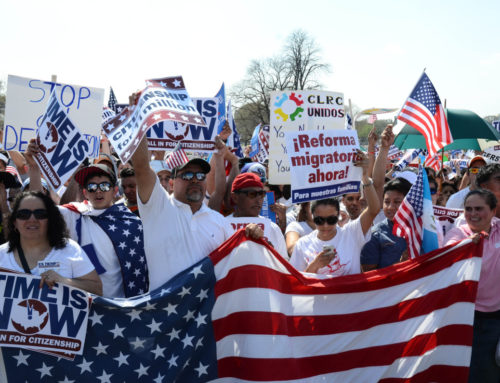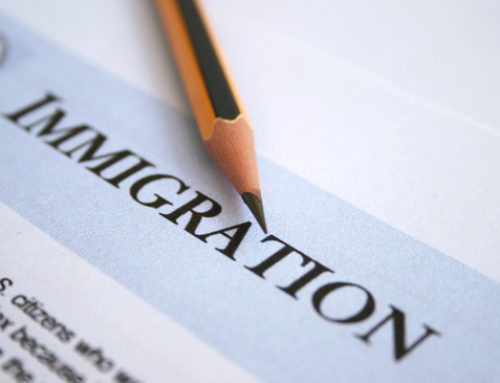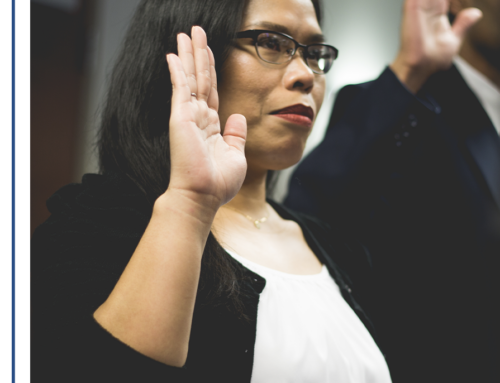Obtaining a U.S. visa can sometimes be an arduous task, but once you enter the country, you still need to follow the rules. One of the most important rules to keep in mind is the limits of your visa; each one has a specific deadline by which you must depart the country. If not, the U.S. sees you as overstaying your visa, which can complicate your future immigration goals. Are you currently overstaying your visa or nearing the deadline as a Florida resident? Probinsky & Cole can help you find the best path forward.
Immigration law is constantly evolving, and changes are likely coming in 2025. Please call an experienced immigration attorney immediately if you have questions regarding your status.
Pay Attention to your Visa Terms
Visas allow you to enter, live, and, sometimes, work in the U.S., but only for a defined period. If your goal is to secure long-term or permanent residency in the United States or reenter on future visas, it is imperative to respect the duration outlined in any visa you benefit from. Overstaying a visa can bring serious consequences, ranging in severity based on how long you overstay your visa terms. Stay up to date on the USCIS website.
Overstay of Fewer Than 180 Days: When you exceed the valid length of your visa by overstay by less than 180 days, you do not get hit with a reentry ban. Later on, you can reacquire new visas or green cards, assuming you meet those requirements. However, your current visa is automatically voided, which can potentially complicate the process of obtaining future visas.
Overstay Between 180 Days and One Year: Overstaying a visa for between 180 days and one year leads to a three-year ban from reentering the U.S. Without breaking the law, you cannot reenter the country under any circumstance for three years from your departure date. Obviously, this type of ban makes it much harder to achieve permanent residency in the U.S.
Overstay of More Than One Year: Overstaying for more than one-year results in a much higher ten-year reentry ban, with similar concerns and issues for future visa acquisitions.
Immigration officials often view individuals who have overstayed as higher-risk applicants, so future applications will likely go through reviews and result in potential denials. There are some ways around these concerns, however, especially when you work with experienced Florida immigration attorneys.
Fixing Your Visa Overstay Issues
While overstaying a visa can seem daunting, there are ways to address and potentially mitigate these issues.
Waivers of Inadmissibility: A waiver of inadmissibility can help overcome the reentry ban associated with visa overstays. Applicants must provide evidence that a reentry ban would lead to undue hardships, and working with immigration attorneys is your best chance at finding success.
Adjustment of Status: In some cases, those who overstay their visa are eligible for an adjustment of status. For example, even those who overstay their visas can find ways to remain in the United States after marrying a U.S. citizen.
Voluntary Departure: Choosing to voluntarily depart from the United States allows you to leave the country on your own terms, avoiding deportation and potentially mitigating some negative impacts on future immigration plans. This option in no way erases the overstay itself, but it demonstrates good faith and may be favorable in future applications. If your goal is to obtain a visa in the future, you should not remain in the country for as long as possible; instead, you should opt to leave voluntarily. Plus, leaving voluntarily means you avoid harsher penalties for even longer overstays.
Experienced immigration attorneys like Probinsky & Cole can help you track expiry dates relevant to your overstay deadlines, review your status to explore options for adjustments, and assist in maintaining documentation to provide hardships that help secure waivers. Contact Probinsky & Cole today to speak with our experienced attorneys and learn more about your immigration options.








